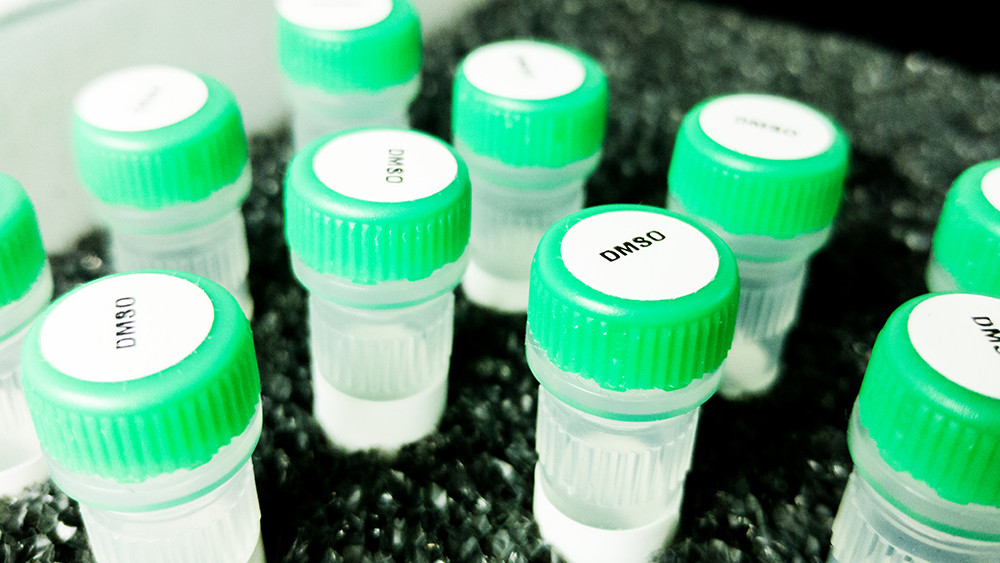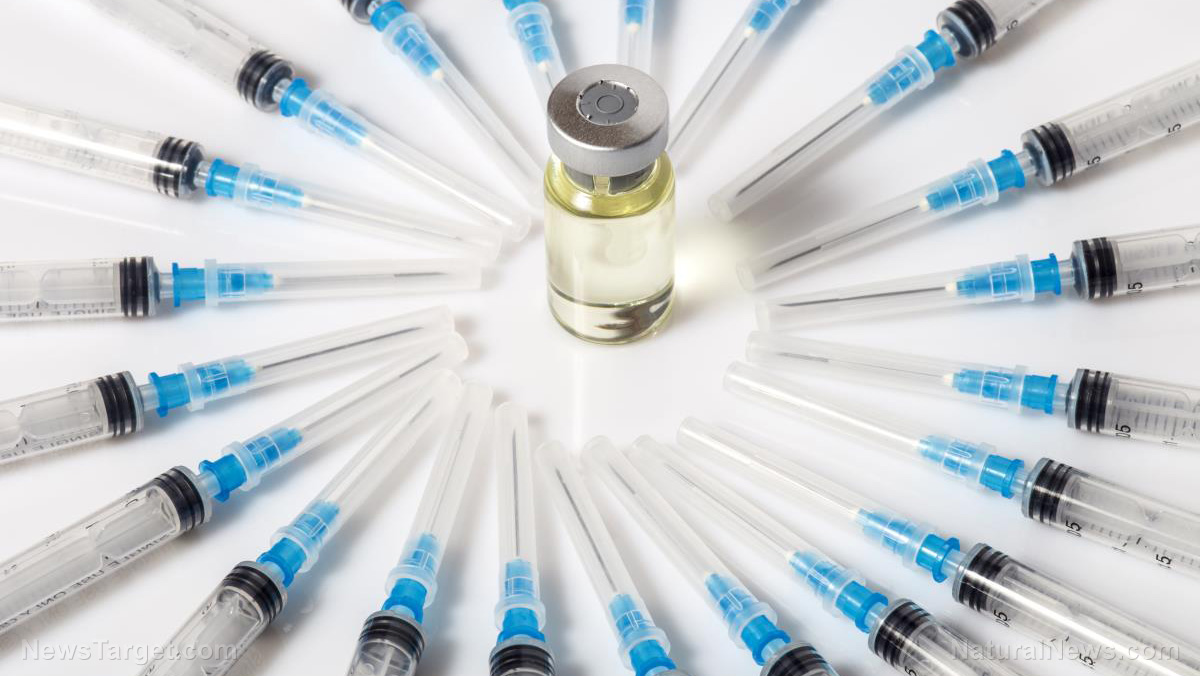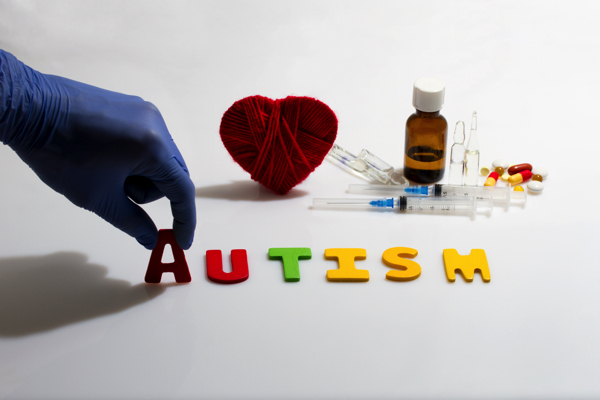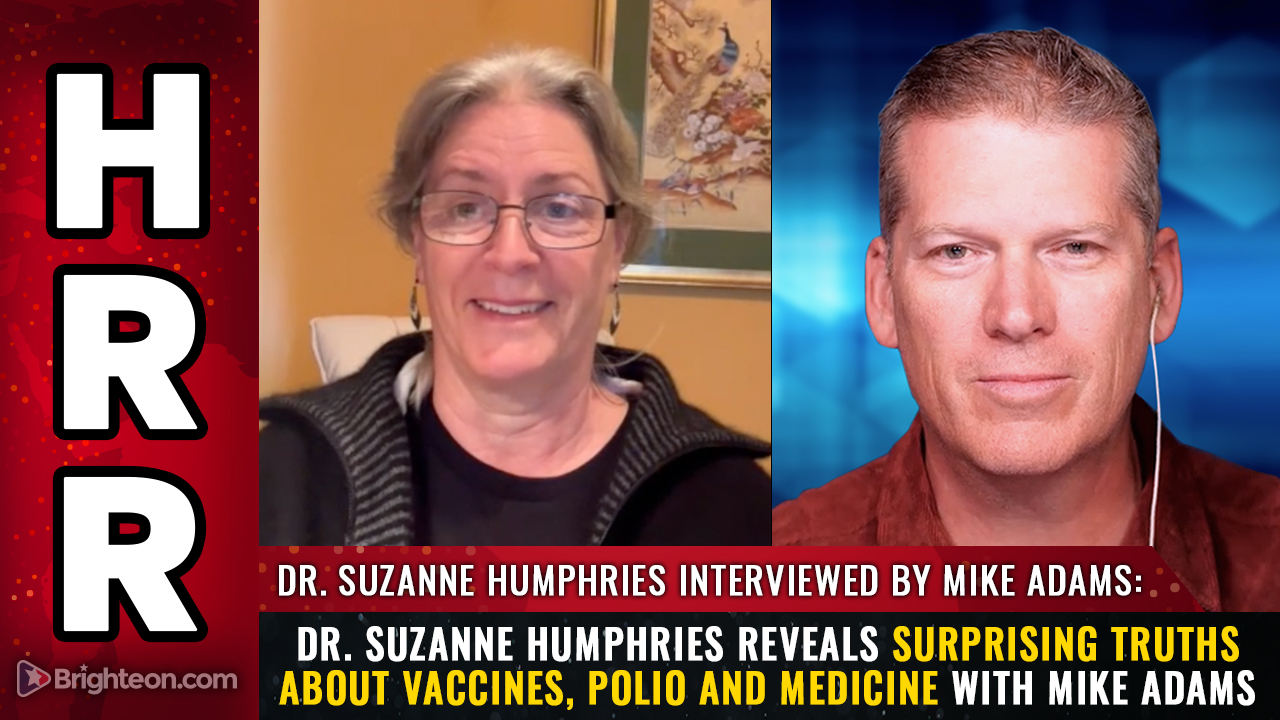Glyphosate: The silent saboteur of reproductive health and fertility
04/23/2025 / By Lance D Johnson
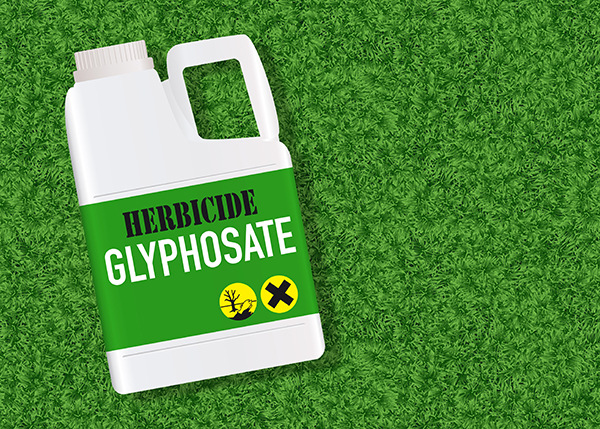
In the quiet battle for human health, one of the most insidious foes is glyphosate, the active ingredient in Monsanto’s Roundup. Despite being marketed as “safe” for human use, a growing body of research reveals that glyphosate is a potent disruptor of reproductive health, causing permanent damage to reproductive organs and affecting fertility across generations. This chemical, now a ubiquitous presence in our food, water, and environment, is not just a threat to individual health, but is also a chemical weapon system designed to reduce the population and allow for corporate control over agriculture.
Key points:
- Glyphosate exposure, even at “safe” levels, causes hormone imbalance, oxidative stress, and permanent damage to reproductive organs.
- It mimics conditions similar to PCOS, impairing egg quality and reducing the chances of successful fertilization and implantation.
- Glyphosate alters gene expression in the uterus of offspring, impacting fertility for future generations.
- The chemical disrupts mitochondrial function, blocks detox enzymes, and depletes essential minerals, affecting everything from hormone production to brain function.
Glyphosate’s insidious impact on reproductive health
Glyphosate’s primary mechanism of harm lies in its ability to disrupt the delicate balance of sex hormones. By interfering with aromatase, the key enzyme that converts testosterone into estrogen, glyphosate creates a hormonal imbalance that can lead to conditions like polycystic ovarian syndrome (PCOS). PCOS is characterized by hyperandrogenism, irregular menstrual cycles, and an increased risk of type 2 diabetes and cardiovascular disease. This hormonal chaos is not limited to the present generation; it can be passed down to future offspring through epigenetic changes.
- Hormonal disruption: Glyphosate reduces estrogen and follicle-stimulating hormone (FSH) while increasing testosterone and progesterone. This imbalance mimics PCOS, making conception more difficult and disrupting other systems like insulin sensitivity.
- Ovarian damage: Studies in female piglets and rats show visible damage to ovarian tissue, including tissue shrinkage, fat accumulation, and cell calcification. The damage is permanent, as follicles do not regenerate once they are damaged.
- Gene expression changes: Glyphosate exposure during pregnancy alters gene expression in the uteruses of offspring, even if they were never directly exposed. This epigenetic change can impact fertility for generations to come.
The broader health implications of glyphosate exposure
Beyond its reproductive effects, glyphosate’s impact extends to nearly every system in the body. It disrupts mitochondrial function, the energy-producing powerhouses of cells, leading to a cascade of health issues. The chemical also blocks detoxification enzymes in the liver, allowing toxins to accumulate and exacerbating oxidative stress. This systemic disruption can lead to chronic conditions such as autoimmune diseases, thyroid issues, and neurological decline.
- Mitochondrial dysfunction: Glyphosate interferes with the electron transport chain in mitochondria, reducing energy production and affecting high-demand tissues like the brain, ovaries, and adrenal glands.
- Detoxification blockage: By inhibiting cytochrome P450 enzymes, glyphosate slows down the liver’s ability to clear toxins, leading to elevated estrogen levels, drug sensitivity, and increased toxic buildup.
- Neurological impact: Glyphosate suppresses enzymes like monoamine oxidase (MAO) and acetylcholinesterase (AChE), which are crucial for mood regulation and cognitive function. This can result in depression, anxiety, and cognitive decline.
Taking action to protect your health
Given the pervasive nature of glyphosate, it’s crucial to take proactive steps to minimize exposure and mitigate its effects. Here are five strategies to protect your reproductive and overall health:
- Switch to organic produce: Start with the Environmental Working Group’s (EWG) Dirty Dozen list, which identifies the fruits and vegetables with the highest pesticide residues. Washing produce thoroughly can also help remove residues.
- Eliminate non-organic wheat and legumes: Glyphosate is often sprayed on these crops as a drying agent before harvest. Choose organic or glyphosate-free products to reduce exposure.
- Avoid seed oils: Processed foods are loaded with seed oils from genetically modified crops. Opt for healthier alternatives like tallow, ghee, or grass-fed butter.
- Filter your water: Install a high-quality, whole-house reverse osmosis water filtration system to remove glyphosate from your tap water.
- Heal your gut: Restore beneficial bacteria like Akkermansia muciniphila to support your gut barrier and immune system. Addressing gut health is essential for overall well-being.
The silent saboteur of reproductive health, glyphosate, is a chemical that has been weaponized to control agriculture and, by extension, human health. Its effects are far-reaching and insidious, affecting not just the current generation but future ones as well. By taking proactive steps to reduce exposure and heal the damage already done, we can reclaim our health and safeguard the well-being of future generations.
Sources include:
Submit a correction >>
Tagged Under:
Autoimmune disorders, chronic diseases, corporate agriculture, detoxification, endocrine disruption, environmental toxins, epigenetic changes, Fertility, glyphosate, gut health, hormone imbalance, MItochondrial Dysfunction, Monsanto, neurological decline, neurotoxicity, non-organic wheat, organic produce, oxidative stress, PCOS, population control, reproductive health, Roundup, seed oils, thyroid issues, water filtration
This article may contain statements that reflect the opinion of the author


